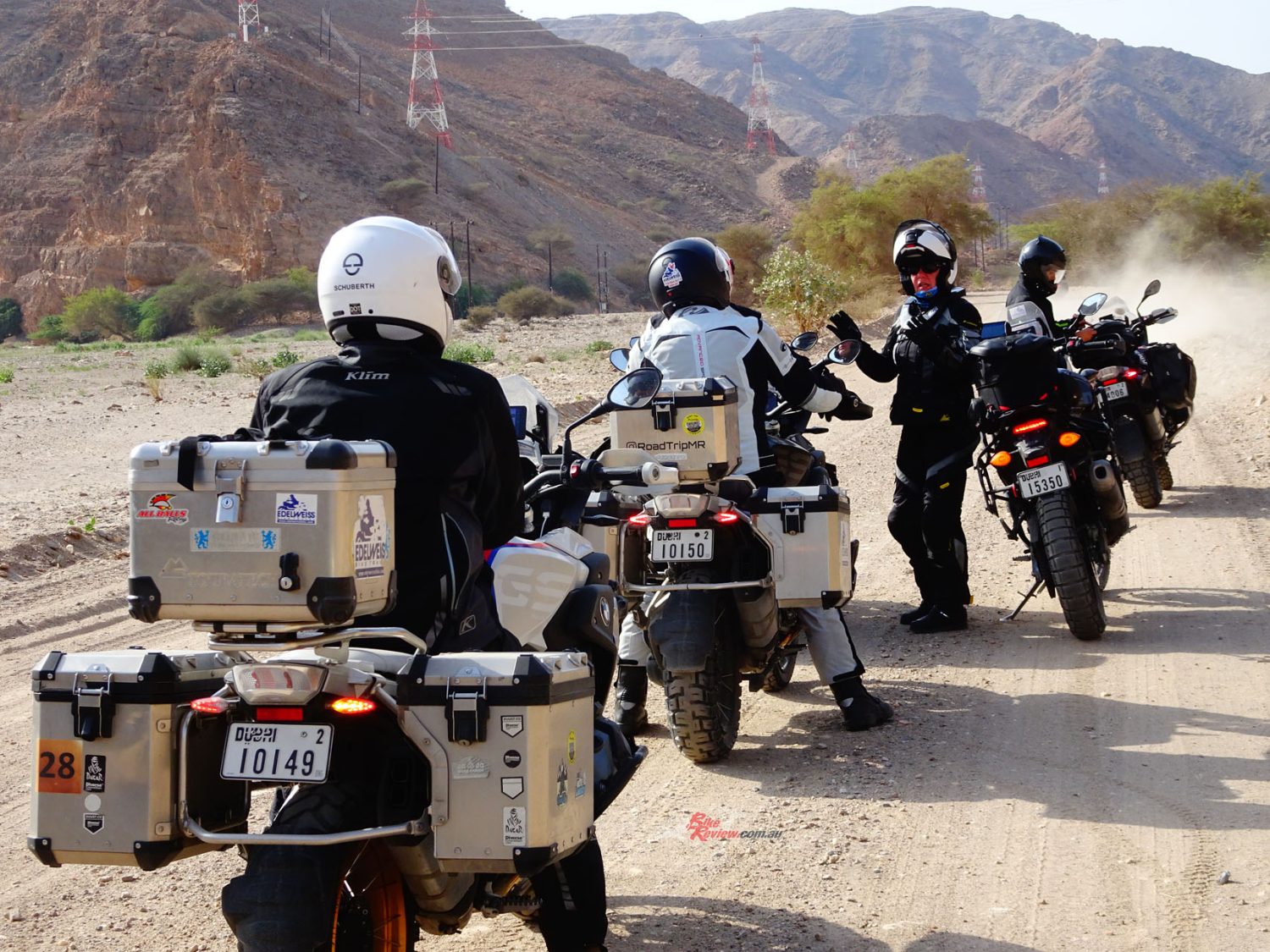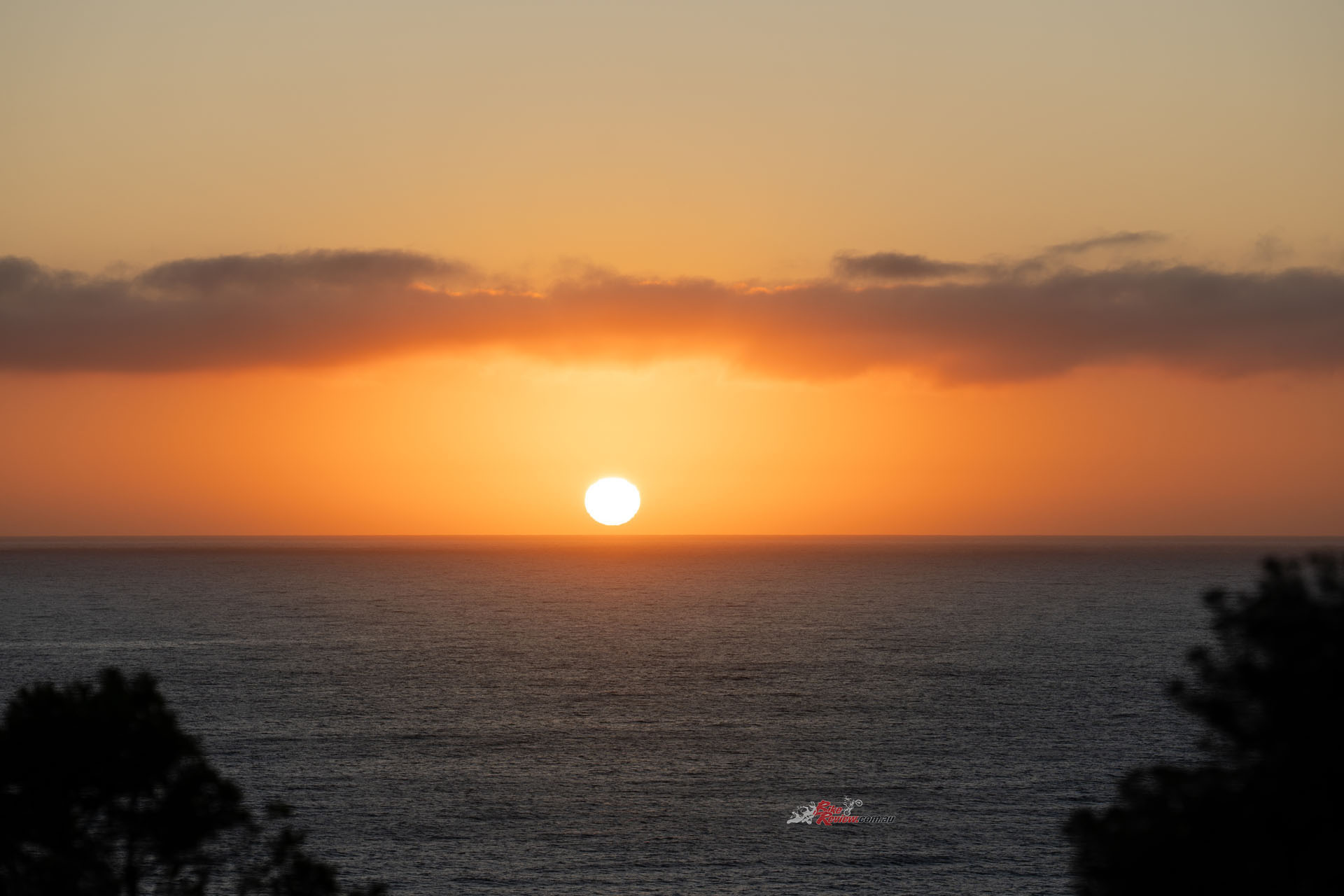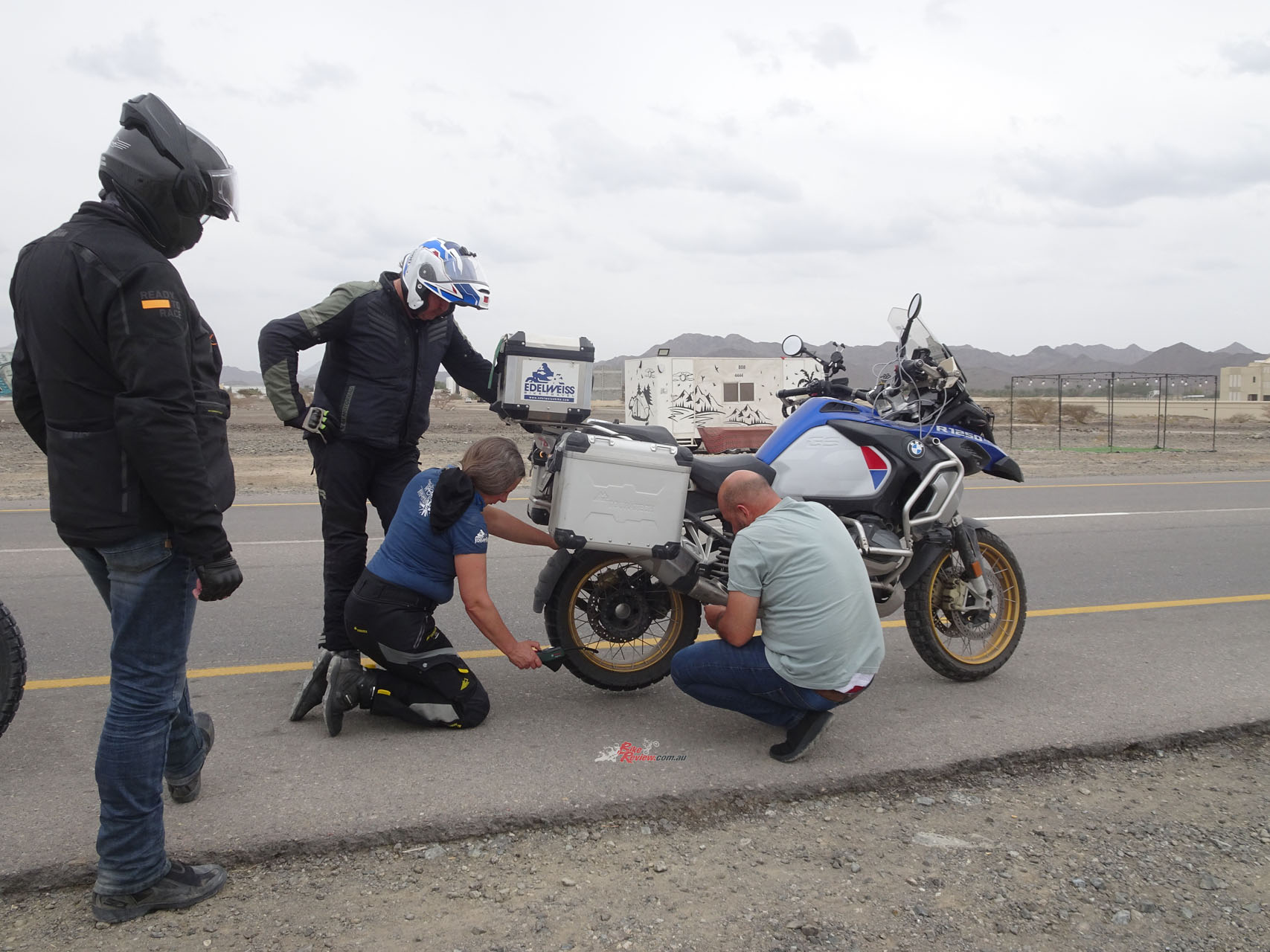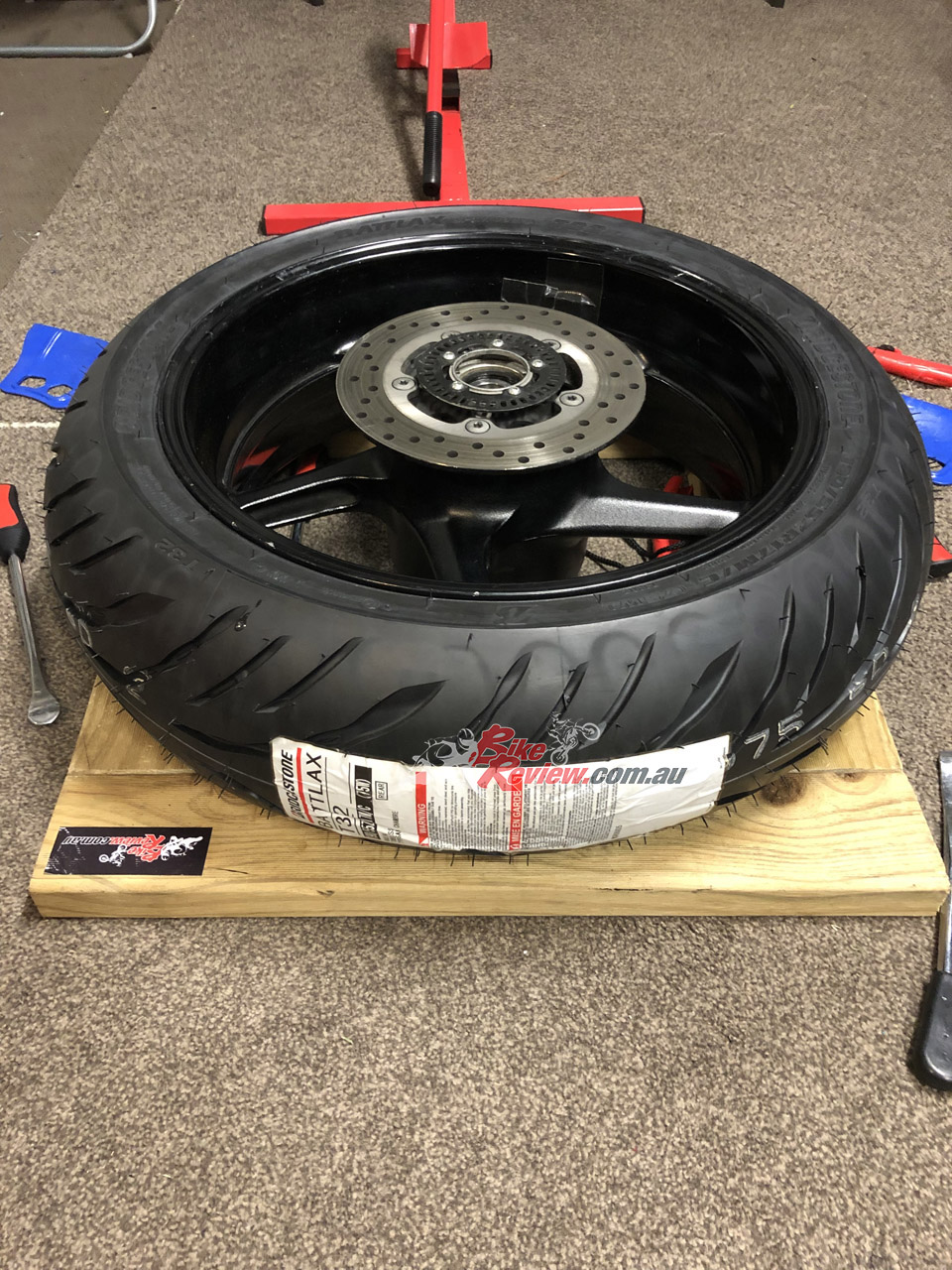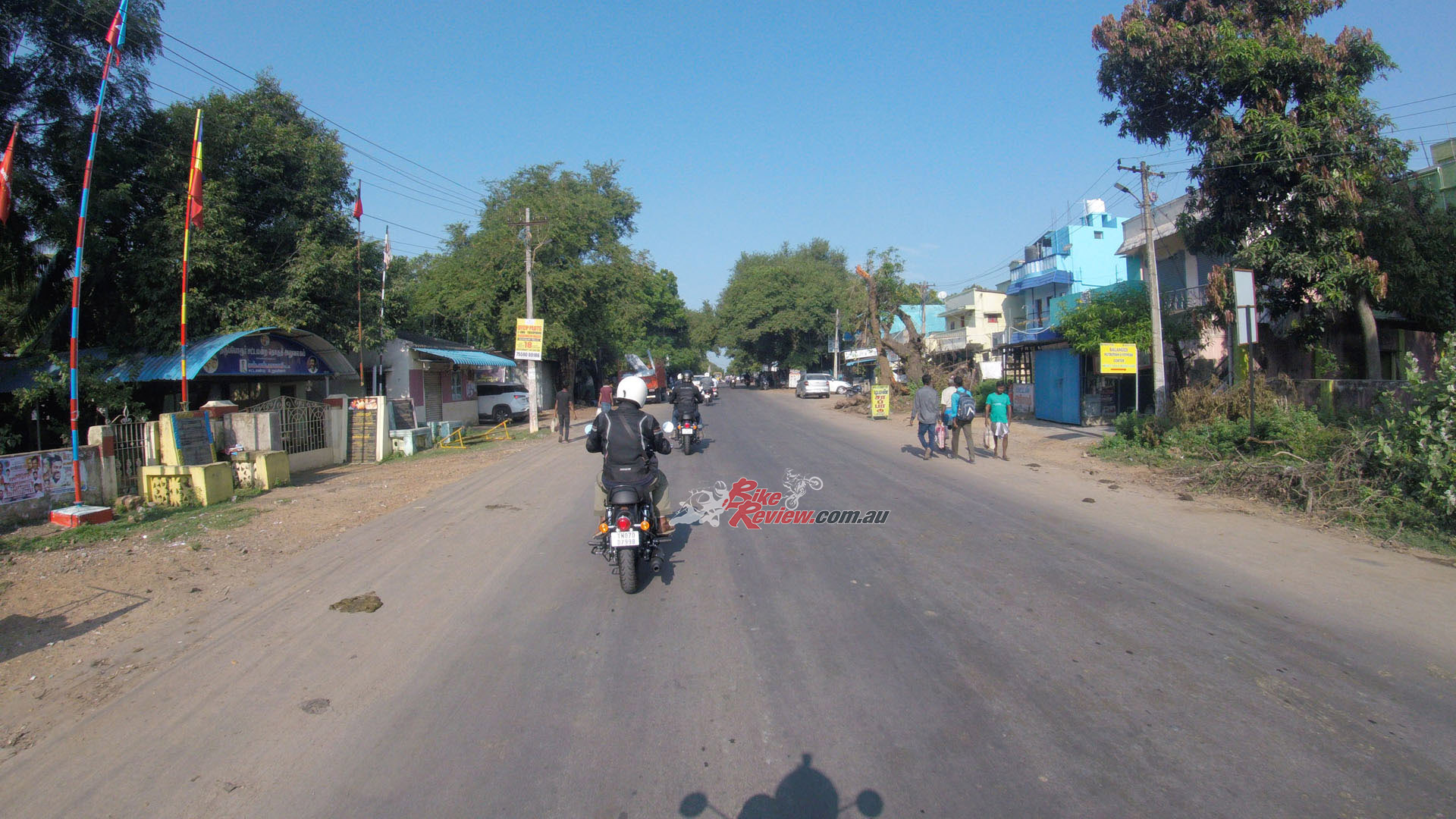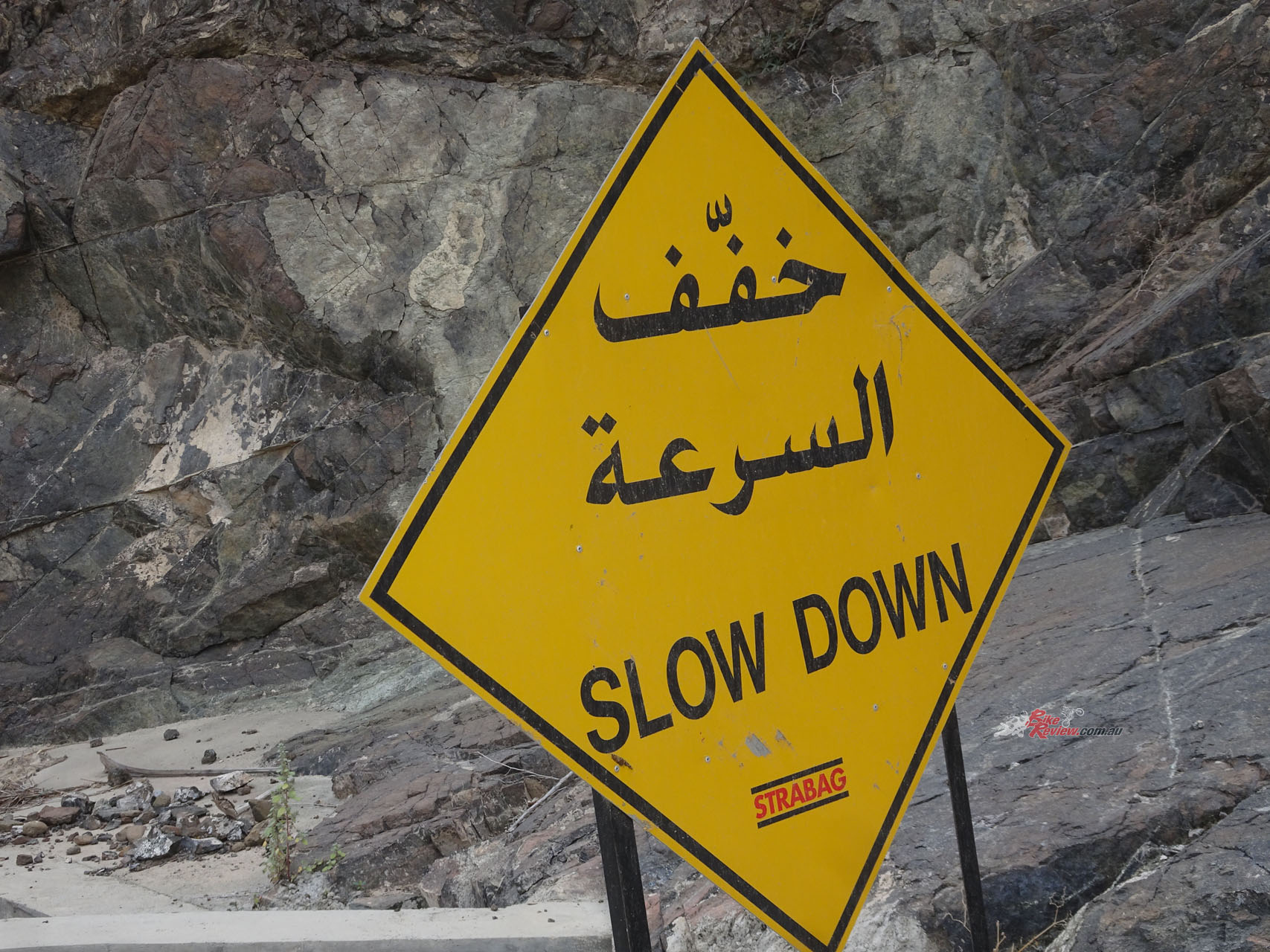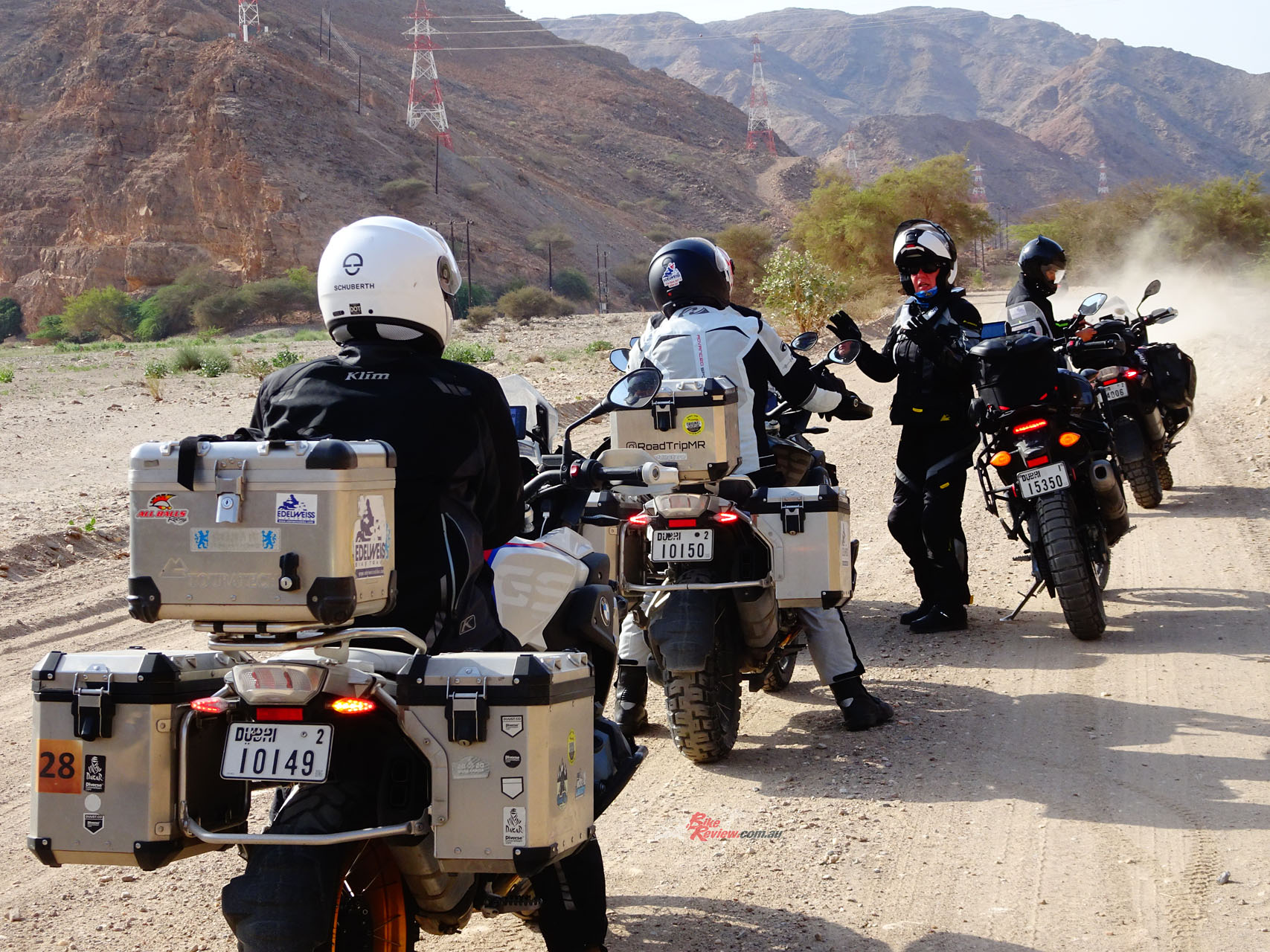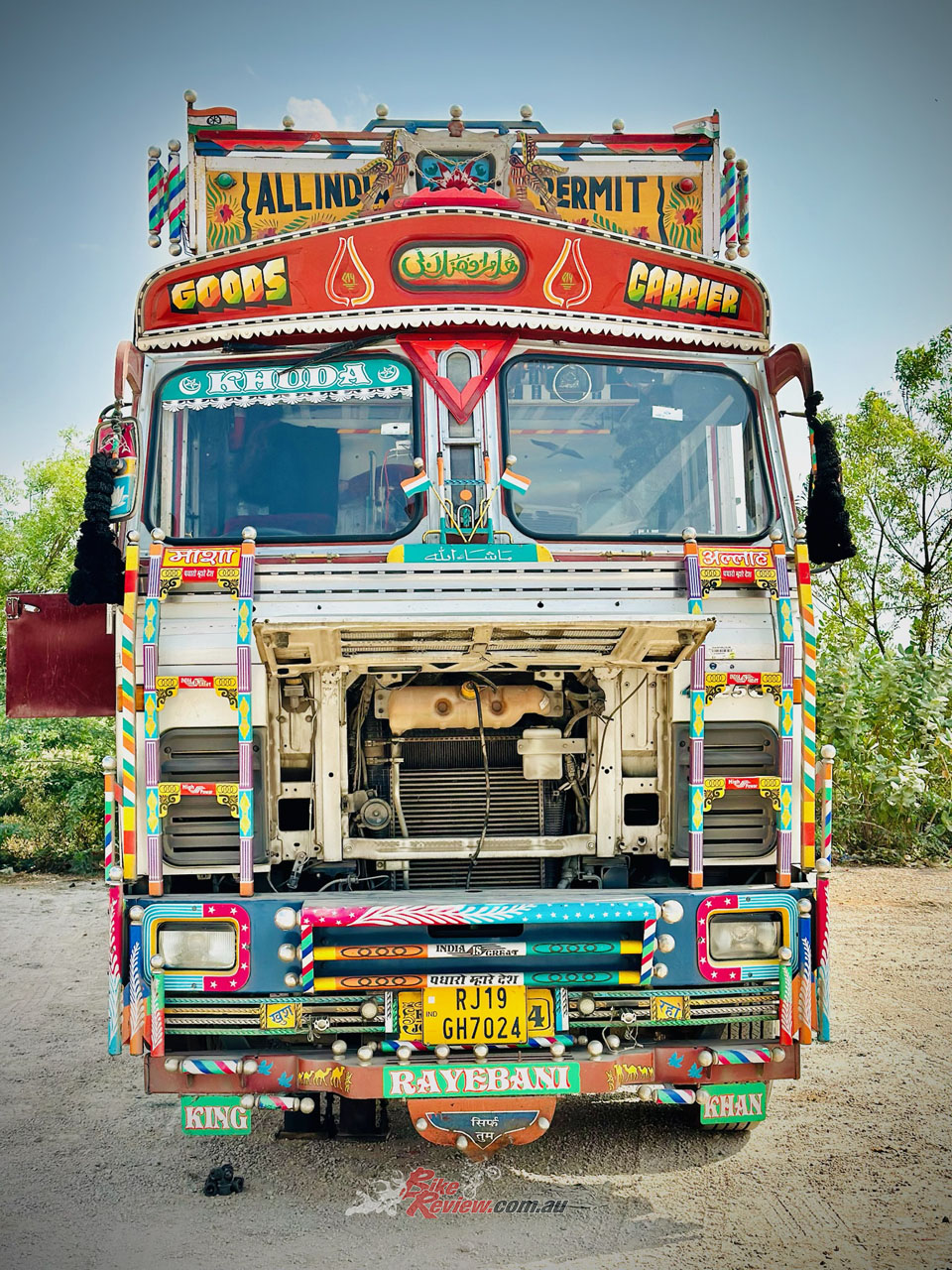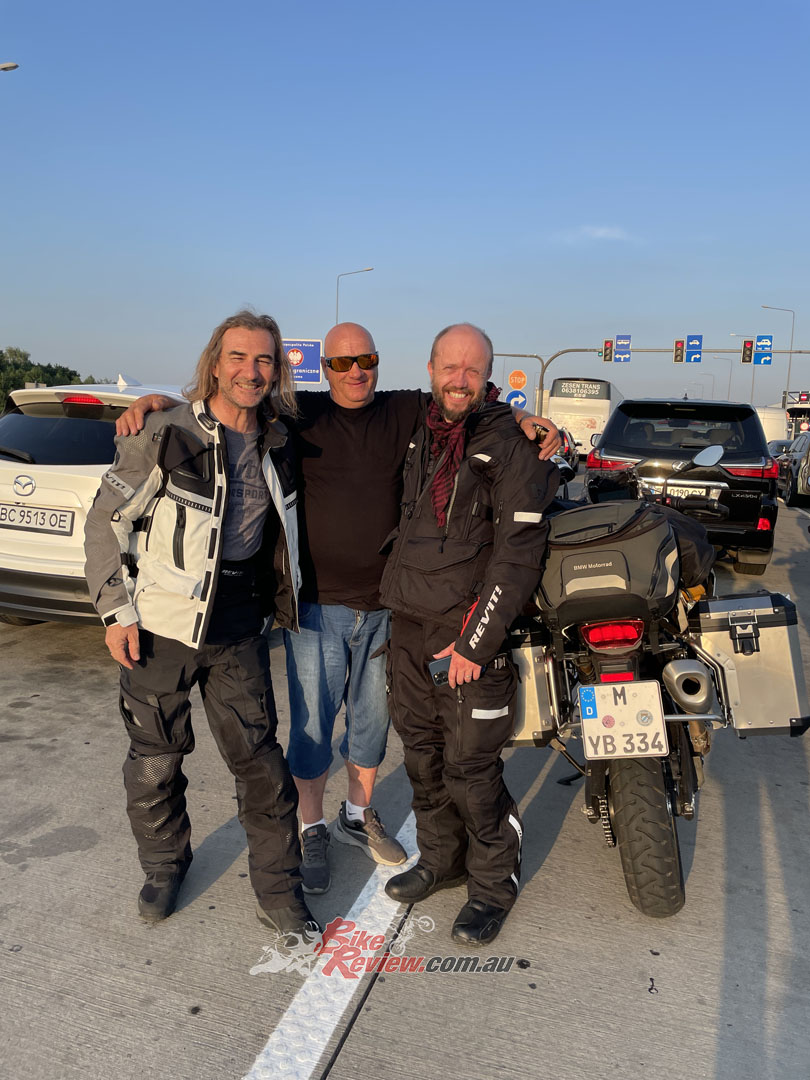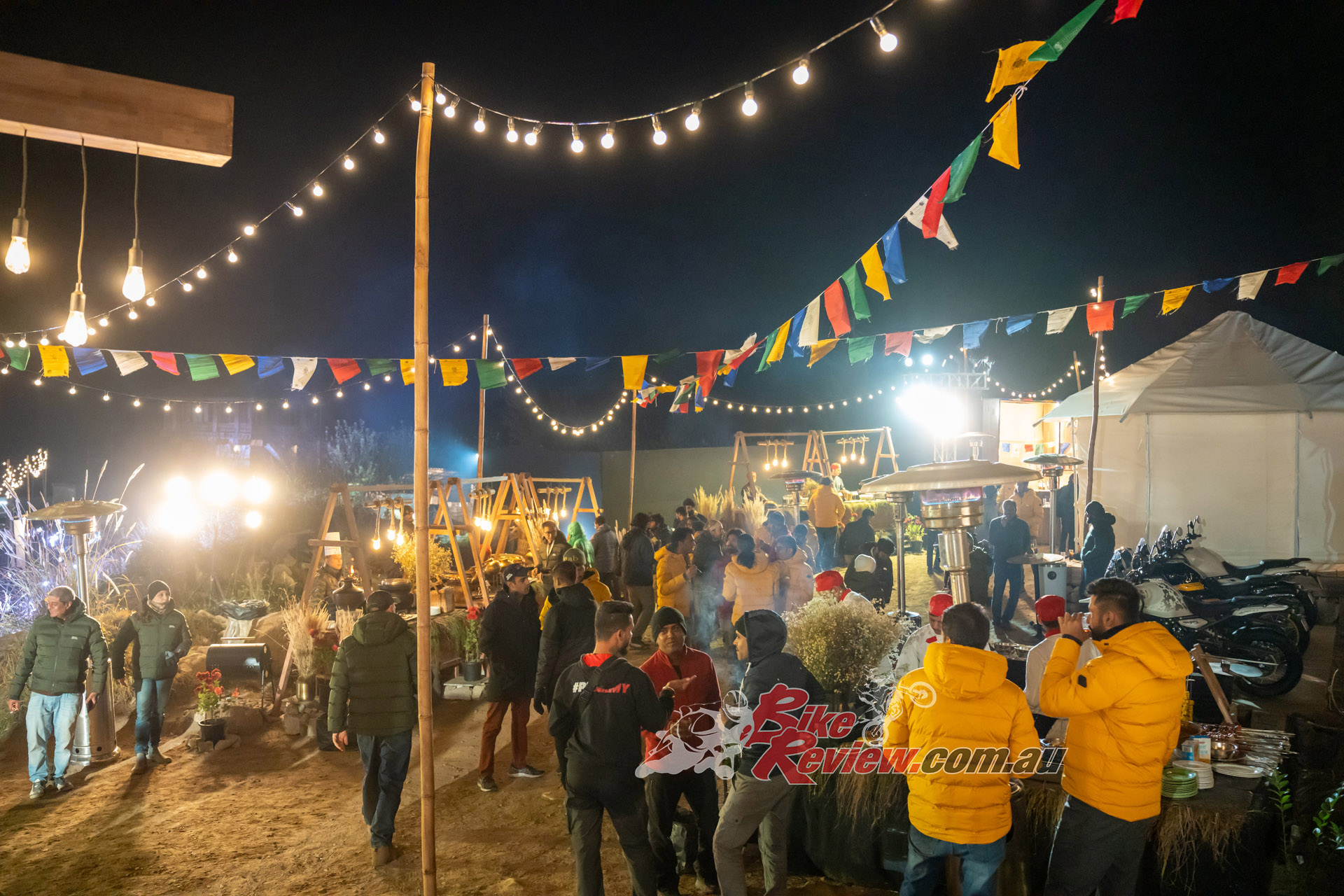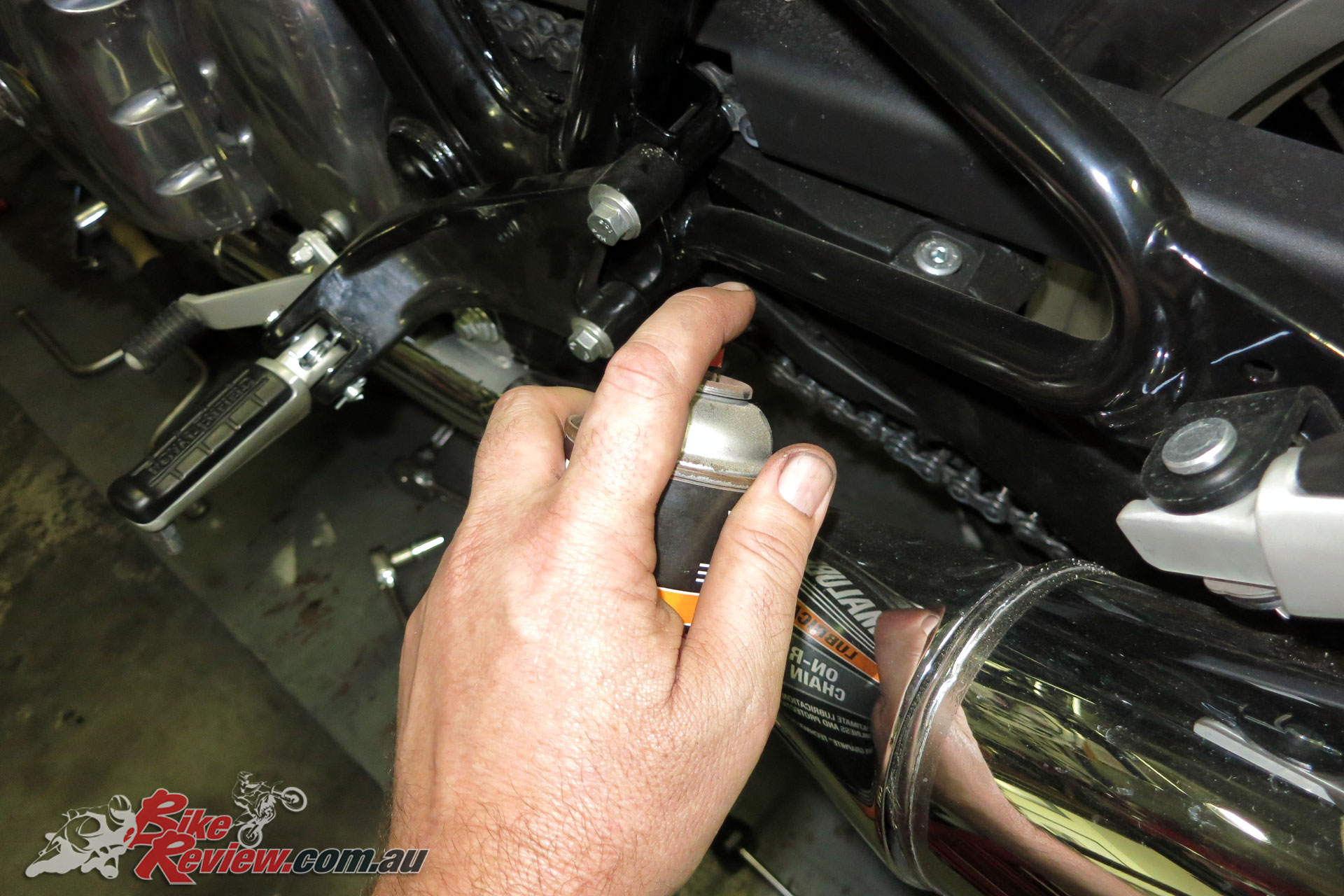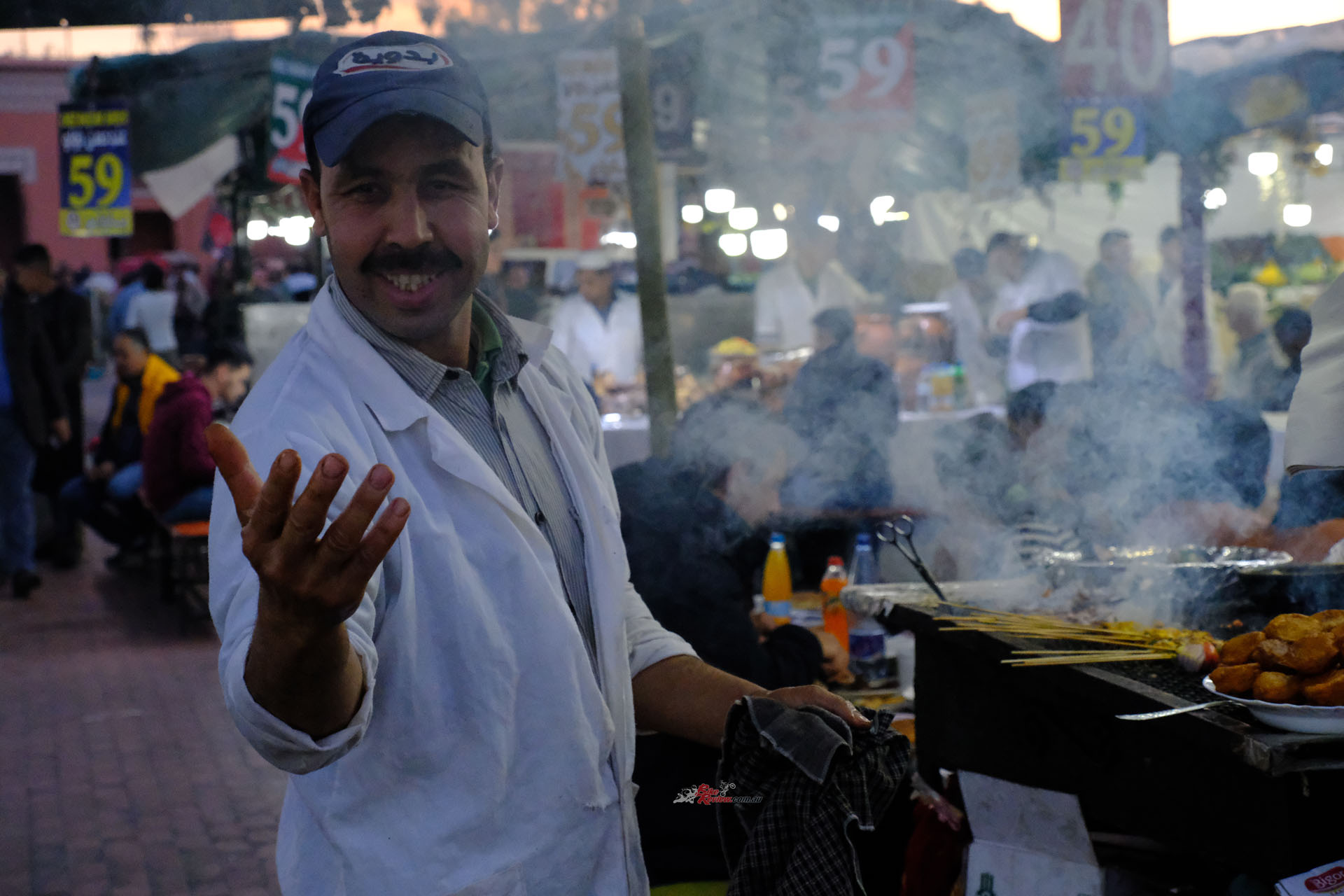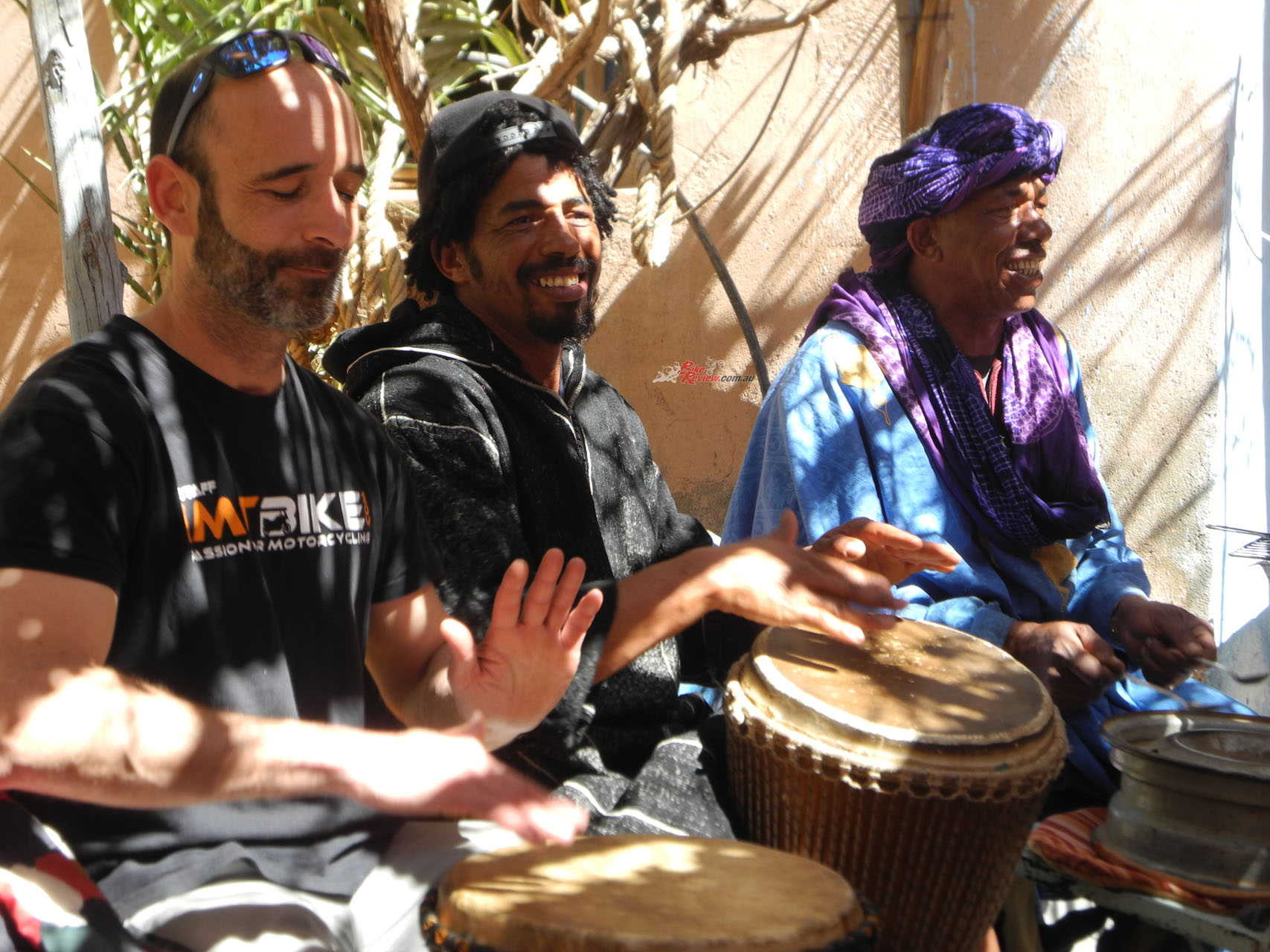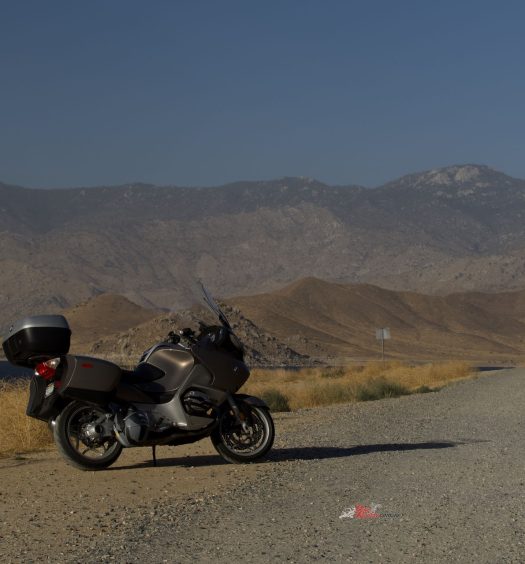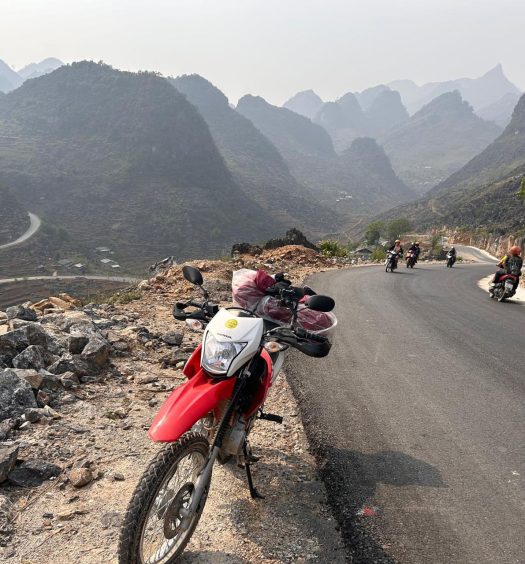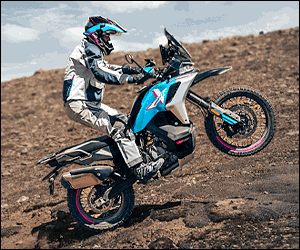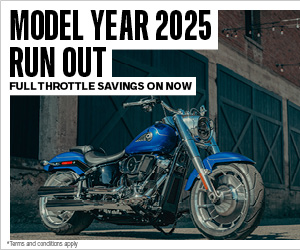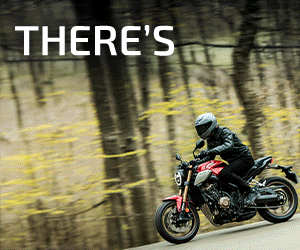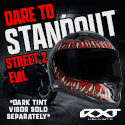Bear offers up some invaluable travel tips for those riding overseas, particularly in Third World Countries. From bike checks to border checks, food to friends, he's got the experience...
Bear Tracks | Air fares are dropping, COVID is forgotten (although still around), we’ve a few bucks saved and it’s the right time to plan trips to the rest of the wonderful world. Have you been watching Itchy Boots? Noraly is in Turkey and is having a great time. That could be you
Turkish Airlines is even flying from Sydney and Melbourne to Istanbul. Don’t put off your travels too long; the world is going to be a more turbulent place in a few years.
Read previous Bear Tracks features here…
Here are a few tips that I’ve picked up on the 55 years I’ve been doing frequent overseas rides. I’m not going to recommend countries for you to visit. You probably have your own ideas on that subject. But here are just a few things I have learned while riding in weird and wonderful places that may be useful to you. Most of the tips below apply mainly to Third World countries but keep them in mind elsewhere.
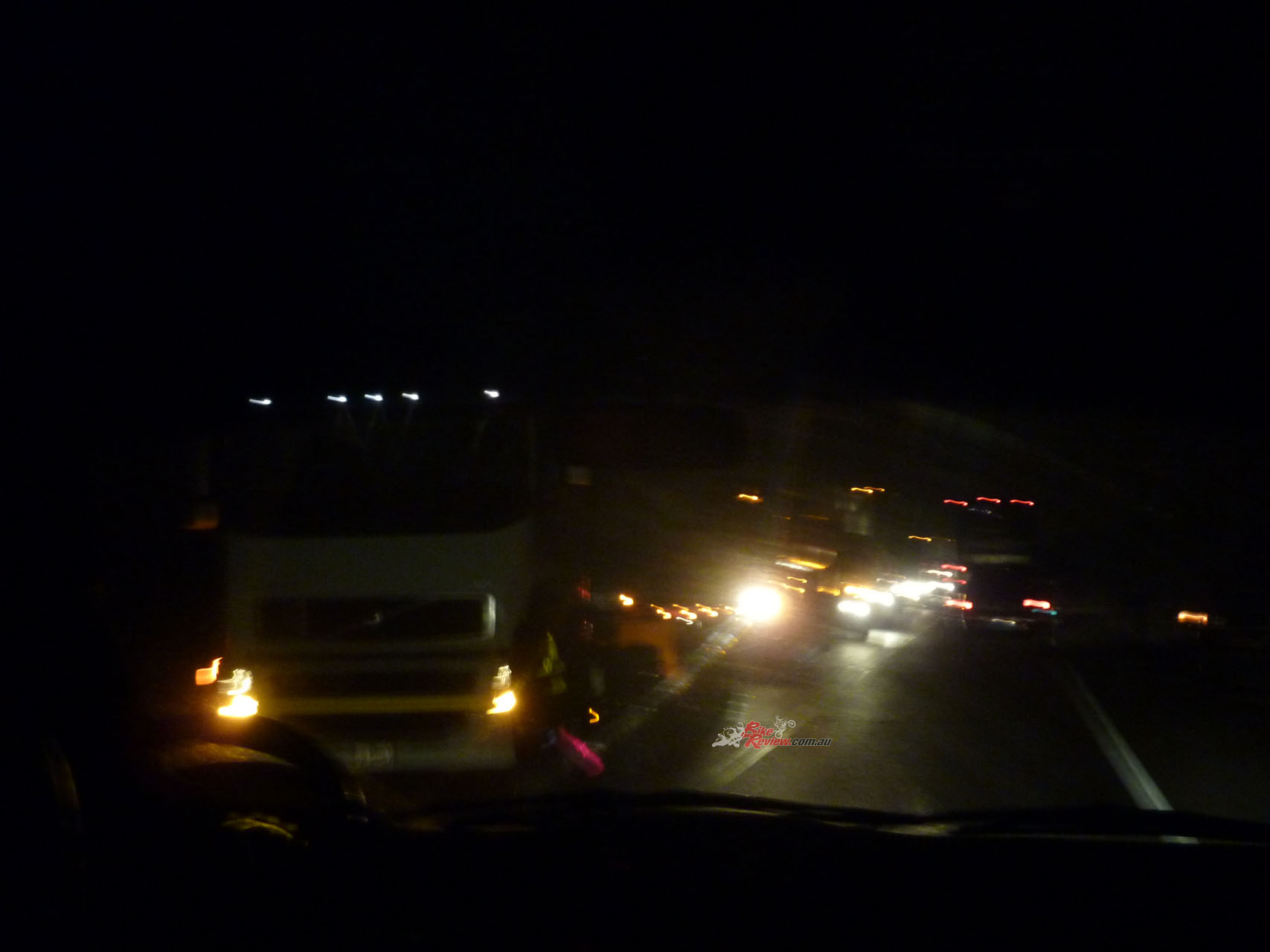
“My friend Paul rode at night in Turkey and discovered a missing bridge. Er, didn’t discover a missing”…
Eyes Open
Avoid riding at night. There are many places where drivers switch their lights off “to save the battery/light globes” and are therefore effectively invisible. It is not unusual to find lines of rocks across the road, put there to warn of a broken-down vehicle and not removed when the vehicle was (India) or bridges may simply be missing (Turkey). It can also be difficult to tell whether that truck is heading for you or safely in its lane, and it is easy to miss road signs. My friend Paul rode at night in Turkey and discovered a missing bridge. Er, didn’t discover a missing… discovered that a bridge was missing. Ow.
Listen to Your bike
I am convinced that every motorcycle has a “natural” speed. It will gravitate to that certain speed, or more accurately to that certain number of revs, if you don’t watch the throttle carefully. And who wants to watch the throttle when there are more interesting things to see? If your bike’s natural speed is too high for you, change down a gear. That removes one thing you’re concentrating on.
Rubber is Vital
Don’t let your tyres wear down too far. Change them earlier than you would at home. Extra rubber not only means better grip, it also means extra protection against punctures. And speaking from personal experience, I can tell you that punctures rarely come alone, especially with tube-type tyres. It is remarkably easy to pinch the tube when replacing the tyre on the rim, and if you have found one object to make a hole in your tyre there is a good chance that more of them will be lurking about. That takes me back to the Desert of Death (seriously) in Afghanistan.
Relax as You Ride
Don’t overtake unnecessarily. Overtaking is inherently dangerous, and it becomes even more so if you’re likely to want to stop to admire the view or photograph it. Slamming on the brakes immediately after overtaking is not only poor road manners, it can be lethal if the vehicle behind you can’t stop in time. Not all drivers have good reflexes. Stay aware of the road that is coming up in front of that truck or bus that’s holding you up, too. There may be a T intersection or a turnoff that will require you to slow down. It’s better to relax as you ride and let the slowpoke go when next you stop to check out the view. You’re not in a hurry. You aren’t on your way to work.
Reading the Writing
Lots of fellow riders will advise you to learn a few words of the local language. That’s good advice, but take it a little further and learn what some of the words look like, as well. I memorized the Thai spelling of ‘hotel’, for instance, which is pronounced something like ‘rongraeme’ and spelt ‘โรงแรม’. I anglicised that to ‘Tsnusu’ to make it easier to remember. Finding somewhere to sleep will be much easier if you can recognise that word. By the way ‘bar’ is pronounced ‘bar’ and spelt ‘บาร์’ in Thai. In Japanese, ‘hotel’ is pronounced ‘hoteru’ in the usual Japanese adaptation of non-Japanese words and will be spelt ホーテル in katakana, as usual for such borrowings. Prepare a little notebook with these kinds of words.
Stop. Just Stop.
Do not ever try to run a roadblock. Even if the police or army don’t have scissor road spikes deployed, they have radio and probably a chase vehicle. They also have guns, and are easily annoyed. This might seem like an unnecessary warning, but I have encountered one bloke who tried to be smart in Morocco and ended up with abrasions, torn tires, bent rims and a sizeable fine.
Trust Nobody
Truck drivers will often be kind enough to signal to a motorcyclist behind them that the road is clear to overtake. The trouble is that in different countries they use different signals. They may put on the blinkers near the centre of the road, or near the edge. They may also be signaling an actual turn, even though you can’t see a road for them to turn into. That’s especially likely if the blinkers stay on; if it’s just a flash or two then it’s more likely they are telling you the road is clear. But it’s best not to trust this friendly gesture.
Time to Dress Up
On our rtw ride, my friend Charlie and I had safari suits made in Thailand. They were made from some synthetic material which did not crease, so when we pulled up a dozen kilometres or so before a border and changed into them they looked cool. They worked, too, taking us right out of the ‘backpacker’ category for border officials.
Eat What You Get
Generally speaking, don’t worry too much about the food, even in countries where hygiene is less than perfect. If you can acclimatize your gut bacteria slowly, you open up a much greater and more interesting range of foods to try. That doesn’t mean anything goes; don’t have ice in your drinks, for instance. If you do have a sensitive stomach, bread straight from the oven and salad vegetables you can wash with sterilized water from your water bottle are good healthy choices.
Check Every Time
In the morning before setting off, do all of those things that you know you should do before going for a ride at home, but that you never do. Check the operation of the bike’s controls, check bulbs (if you still have them) especially in the stop light and blinkers as well as tire pressures and ensure that nuts and bolts are secure. You will probably know which ones are likely to come loose, but be thorough. Something that would be a minor irritant at home could leave you stranded out in some underdeveloped country’s boonies. A friend of mine broke his clutch cable in the middle of Afghanistan on a Japanese bike.
Make Friends
Be thoughtful. If you’re going somewhere fairly remote – like sub-Saharan Africa, country India, Pakistan or South America, take one of the new instant photo cameras. They’re small, cheap and they will make you… well, instant… friends with kids when you hand them a photo of the two of you. I also carry kangaroo keyrings which have made me friends in places as different as California and Norway.
Left Right Out
After returning to your home country, and if you have been to a country where they ride on the opposite side of the road, be especially careful after you return home. Riding on the “wrong” side for a while will remove the innate awareness in your mind that it is, indeed, the wrong side. You will no longer automatically gravitate to the correct side. This is especially likely to be a problem if there is no other traffic… until that truck comes around the corner toward you on “your” side of the road.
There we go. This has turned into a long story, but it’s based on personal experience. If you never have to apply any of these lessons, fine. You will have been lucky. If you do, drop me a line and tell me about it in the comments below…


